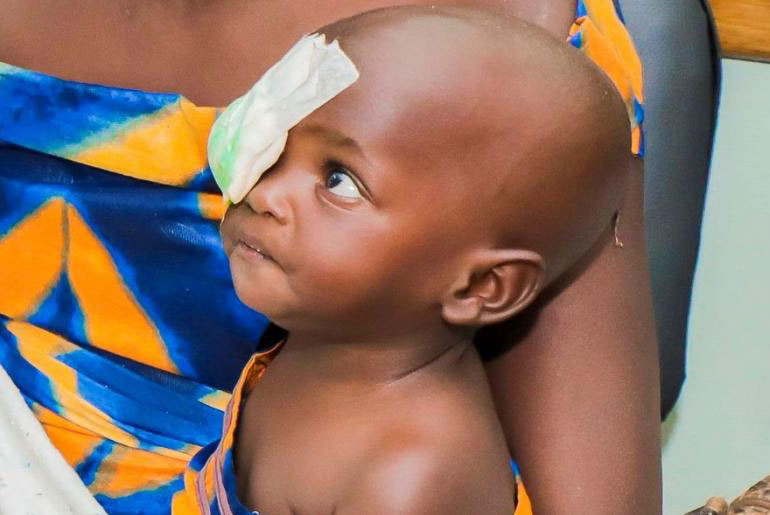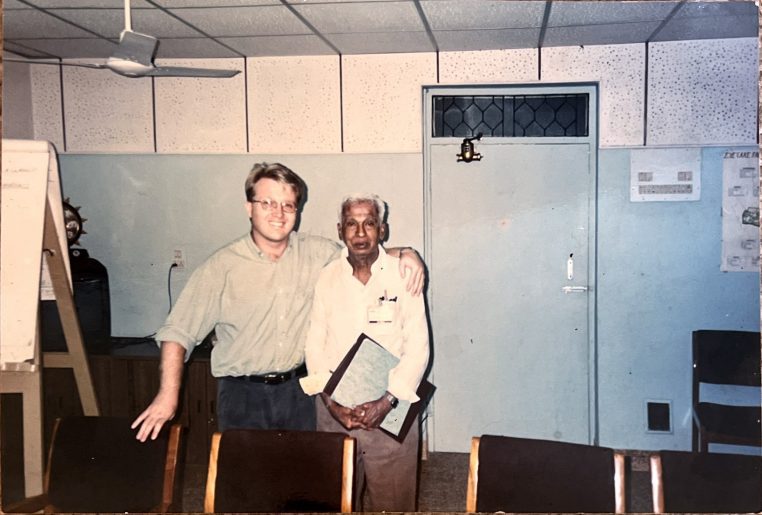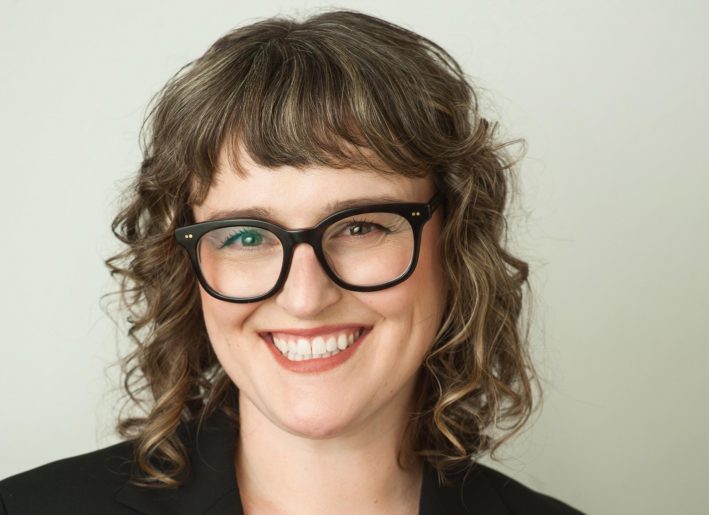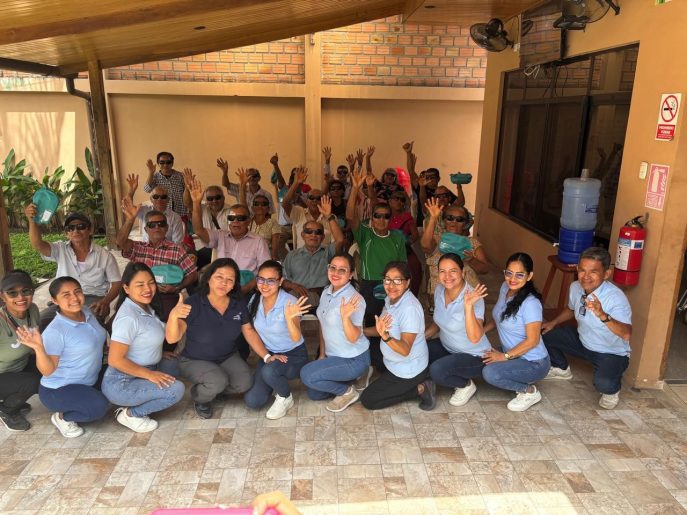When one-year-old Jojo was only two months old, her mother, Adidja, noticed a white dot in her left eye. Adidja had no idea what was happening to her baby, so she rushed to the nearest pharmacy, where she received eye drops. But the white dot continued to grow, and Adidja began to notice with growing alarm that Jojo’s vision was affected.
Adidja and Jojo live in Burundi, one of the poorest nations in Africa, where 70 per cent of the population lives in poverty, and, like most parents there, Adidja hopes her daughter will have many more opportunities than she had. Adidja had to leave school after seventh grade to work in the fields to help support herself and her family. She dreamed of Jojo succeeding in school, having many friends, and eventually getting a good job. But Adidja was beginning to realize that Jojo’s life would be filled with challenges due to her poor eyesight. And she was right to worry—children with vision loss in low-income countries are up to five times less likely to attend school.
Even if Jojo’s condition could be treated, Adidja believed it would cost more than she could afford. But Adidja wasn’t ready to give up on Jojo’s vision and her future just yet. Adidja sought medical advice and learned she would need to take Jojo to Bujumbura, the capital city, to visit the only eye clinic in the country with skilled pediatric ophthalmologists.
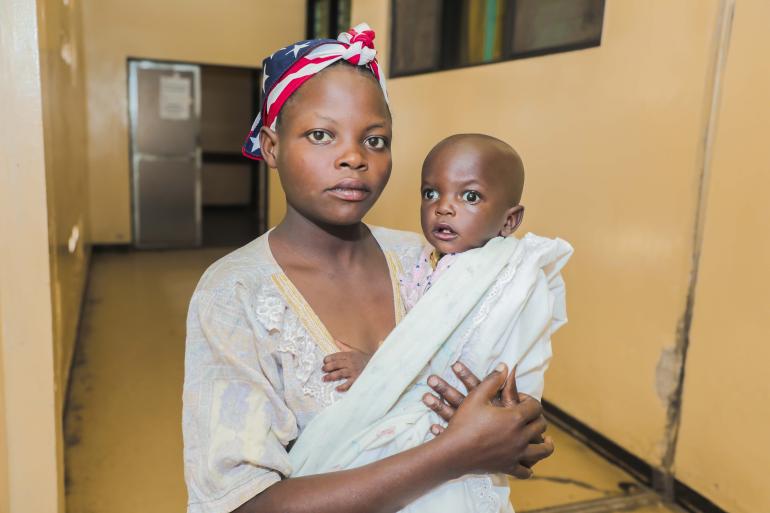
Adidja and Jojo arriving at the Eye Hospital, CTSOE, in Bujumbura
Determined and hopeful, Adidja strapped Jojo onto her back and travelled to Bujumbura. While still skeptical that Jojo could be treated at a cost she could afford, Adidja knew she had to do everything in her power to help her baby girl.
At the eye clinic, Jojo was examined by the ophthalmologist and her condition was given a name—cataract. The doctor informed Adidja that not only could Jojo’s vision be restored with surgery but that Seva Canada’s donors would cover the cost. And because Jojo was still an infant, it was imperative that she get surgery right away so her brain could develop and learn to process images and prevent future vision problems.
Jojo would also need regular follow-up visits and glasses until she’s fully grown. And all the costs would be covered by Seva Canada donors.

Jojo after cataract surgery recovering in her mother’s lap
“Globally four out of ten children who are blind don’t have to be, as their eye condition could have been prevented or treated. It’s completely unnecessary that any child should lose their sight due to a solvable problem,” says Liz Brant, Seva Canada Executive Director.
“Globally four out of ten children who are blind don’t have to be, as their eye condition could have been prevented or treated. It’s completely unnecessary that any child should lose their sight due to a solvable problem,” says Liz Brant, Seva Canada Executive Director. “These are kids who are full of potential and have everything it takes to pursue their hopes and dreams—but there are barriers in their way. Our donors are there to remove some of those barriers—to give these kids back their sight, so they can get on with their lives. When kids can see, they have higher self-esteem, they are safer, and they can go to school. Seva Canada donors give children the eye care they need, so they can see clearly and realize their own potential.”

Jojo being examined by the ophthalmologist after her bandage removal
After Jojo’s successful surgery, Adidja felt the weight of the world lift from her shoulders. Now, Jojo’s future is bright, and her days will be full of exploration, learning and playing—just like other kids.
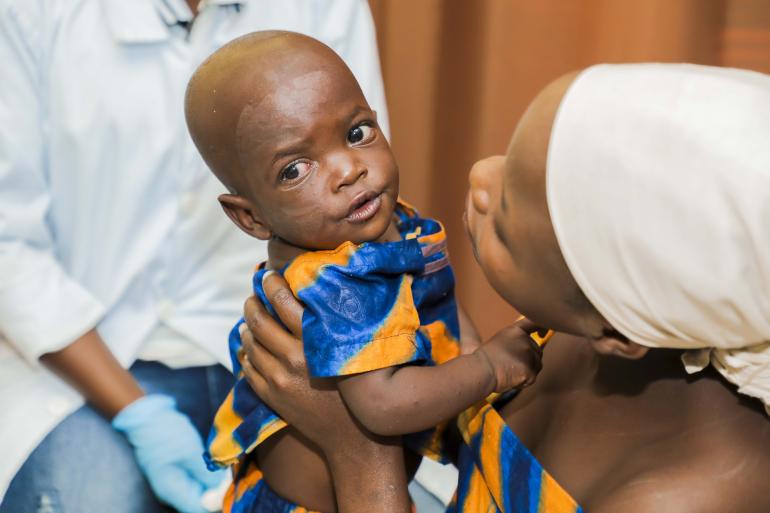
A successful surgery and a happy baby Jojo and Adidja!
